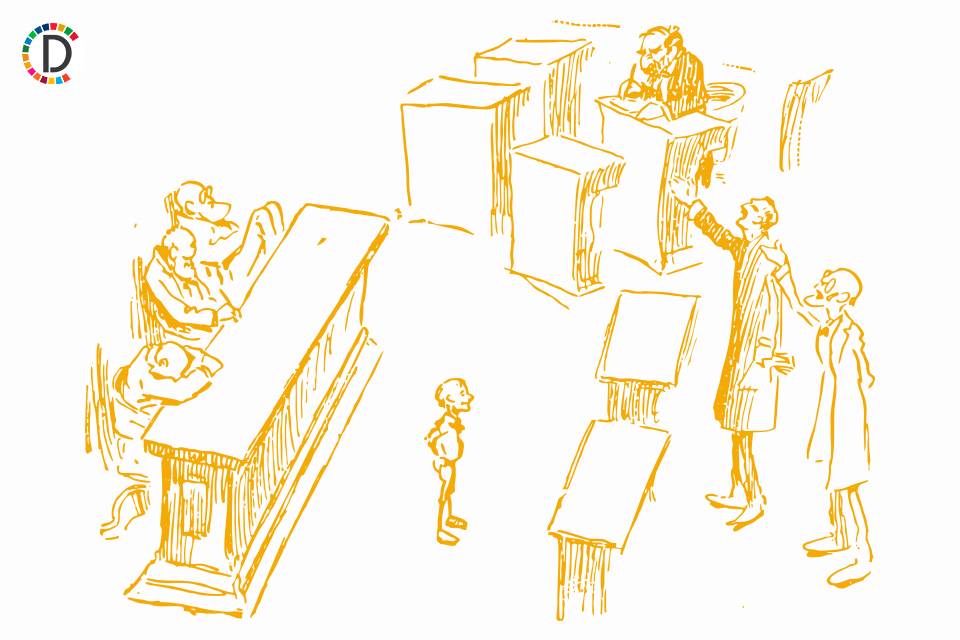Germany’s Reintroduction of Border Checks: A Symbolic Stance on Irregular Migration
Germany has reinstated temporary border checks with several neighboring countries to combat irregular migration. The move, aimed at deterring asylum seekers and combating cross-border crime, has sparked debates about its effectiveness. Critics voiced concerns over potential racial profiling and questioned if these measures are more symbolic rather than substantive.

Germany reintroduced temporary border checks with countries including France and the Netherlands on Monday in an effort to combat irregular migration and cross-border crime. The coalition government has toughened its stance following a surge in arrivals, notably from the Middle East, and rising far-right support.
Hans Vorlaender, chairperson of Germany's expert council on integration and migration, questioned the long-term effectiveness of these measures, describing them as symbolic. Migration experts suggest that processing asylum applications at the EU's external borders could offer a more sustainable solution.
Despite a recorded 21.7% drop in asylum applications, experts argue it's hard to link this directly to the previous year's controls. Critics warn the new measures threaten the EU's free movement principle and risk racial profiling, though the interior ministry emphasizes that racially motivated actions remain unacceptable.
(With inputs from agencies.)
ALSO READ
Gazprom's Gas Flow Disruption: A New Era for European Energy?
Gazprom's Gas Dispatch to Europe through Ukraine Drops Significantly
The End of an Era: Gazprom's Declining Grip on European Gas
Ukraine's Energy Stand-off: Implications for Europe's Gas Supply
Israel Gears Up for European Import Standards Reform










